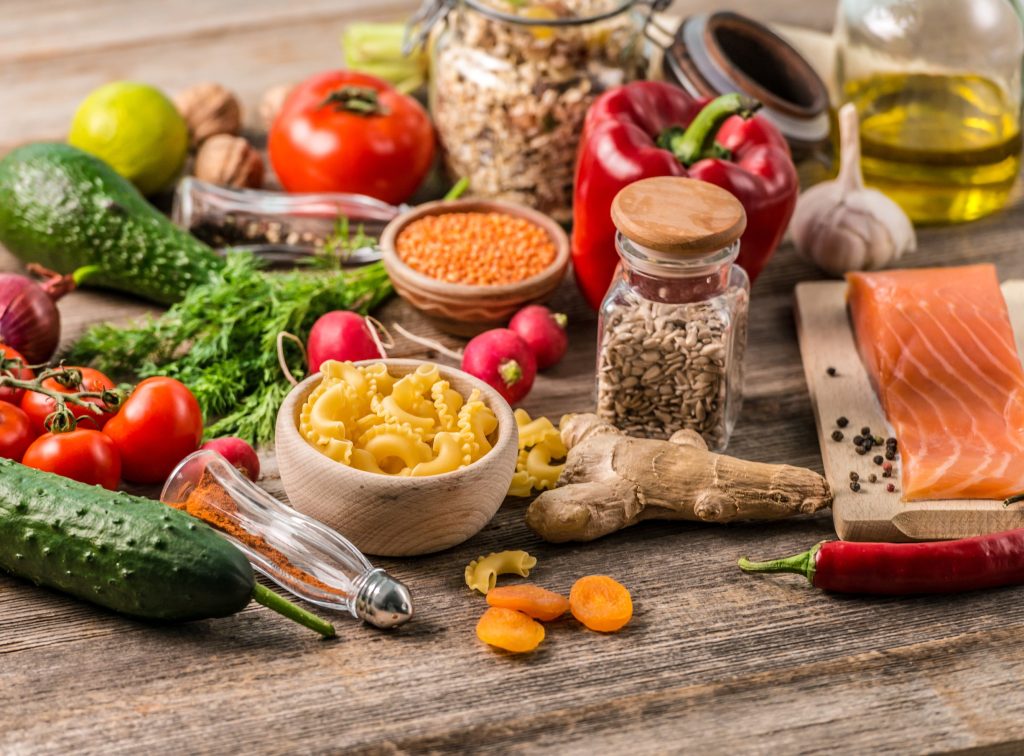When it comes to achieving optimal health and wellness, the significance of proper nutrition cannot be overstated. A well-balanced diet plays a crucial role in supporting various bodily functions, including regeneration and recovery. In this blog, we will explore the power of nutrition in healing and delve into specific foods that promote regenerative processes within the body.
The Link Between Nutrition and Regeneration:
Regenerative medicine aims to harness the body’s natural ability to repair and regenerate damaged tissues. To support this process, it is essential to provide the body with the right nutrients that act as building blocks for cell growth, tissue repair, and overall healing. When we consume nutrient-dense foods, we supply the body with essential vitamins, minerals, antioxidants, and proteins that aid in the regeneration of damaged or aging tissues.
Antioxidant-Rich Foods:
Antioxidants play a critical role in combating oxidative stress, a major factor in tissue damage and aging. Incorporating foods like berries (blueberries, strawberries, etc.), leafy greens (spinach, kale), and nuts (walnuts, almonds) into your diet can provide an abundance of antioxidants that help protect cells from damage and encourage regeneration.
Omega-3 Fatty Acids:
Omega-3 fatty acids are renowned for their anti-inflammatory properties, making them essential for tissue repair. Fatty fish like salmon, mackerel, and sardines, as well as chia seeds and flaxseeds, are excellent sources of omega-3s that can aid in reducing inflammation and promoting healing.
Protein for Tissue Repair:
Proteins are the building blocks of life, and they are vital for tissue repair and growth. Lean sources of protein, such as chicken, turkey, tofu, and lentils, provide the amino acids needed for the regeneration of muscles, skin, and organs.
Vitamin C for Collagen Formation:
Collagen is a fundamental protein for skin and connective tissue regeneration. Foods rich in vitamin C, such as citrus fruits (oranges, lemons), bell peppers, and broccoli, stimulate collagen synthesis and support the healing of wounds and injuries.
Zinc for Cell Proliferation:
Zinc is an essential mineral that supports cell division and replication, which are critical processes in tissue regeneration. Foods like oysters, pumpkin seeds, and legumes are excellent sources of zinc that aid in the regeneration of damaged tissues.
Incorporating a variety of nutrient-rich foods into your daily diet can significantly impact your body’s ability to regenerate and recover from injuries, aging, and other health challenges. Remember that regenerative medicine works in harmony with proper nutrition to enhance the body’s natural healing mechanisms. By focusing on antioxidant-rich foods, omega-3 fatty acids, proteins, vitamin C, and zinc, you can empower your body to support tissue repair and overall wellness. As always, consult with a healthcare professional or nutritionist to personalize your dietary choices and ensure they align with your individual needs and health goals. Embrace the power of nutrition, and witness the positive impact it has on your journey to a healthier, more regenerative life.
